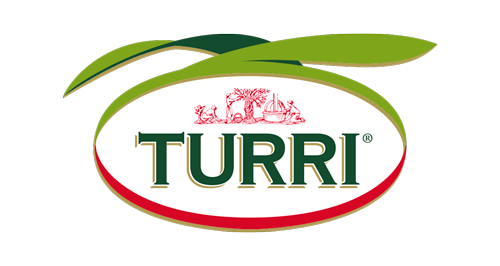The Mediterranean diet is on UNESCO’s Representative List of the Intangible Cultural Heritage of Humanity. The common denominator of this wide array of dishes is extra virgin olive oil, which is the only fat present in this diet
The vast array of dishes typical of the Mediterranean basin are the bricks of a healthy diet, providing all the most important nutrients for our needs and wellbeing. The silver thread is the presence of fruit and vegetables at the foot of the food pyramid, which should be eaten at least two or three times a day.
Many scientific investigations reveal that the Mediterranean dies helps prevent cardiovascular diseases, diabetes and the onset of obesity thanks to the presence of extra virgin olive oil, one of the cornerstones of a healthy diet. It is the only condiment present in this diet, and is known to protect the stomach, liver and arteries; moreover, the polyphenols present in oil fight oxidative stress by reducing inflammatory reactions. The recommended daily amount is of two tablespoons, ideally drizzled over wholegrain cereals.
Refined cereals, animal fats, potatoes and red meat should only be consumed occasionally. Much healthier options are fish, white meats, pulse or eggs, which should be eaten three times a week.
It was Ancel Keys, a 19th-century nutritionist, who first highlighted the advantages of this regime, proving that a diet based on cereals, fruit, vegetables, extra virgin olive oil, pulse, fish and only small amounts of meat is extremely beneficial to our health.
In 2010 the Mediterranean diet was included in UNESCO’s Representative List of the Intangible Cultural Heritage of Humanity, not only for health reasons, but because it is synonymous with eating together, the foundation of a cultural identity and continuity of communities throughout the Mediterranean basin. The Mediterranean diet thus identified by UNESCO includes traditional dishes from Italy, Croatia, Spain, Greece, Cyprus, Morocco and Portugal.


